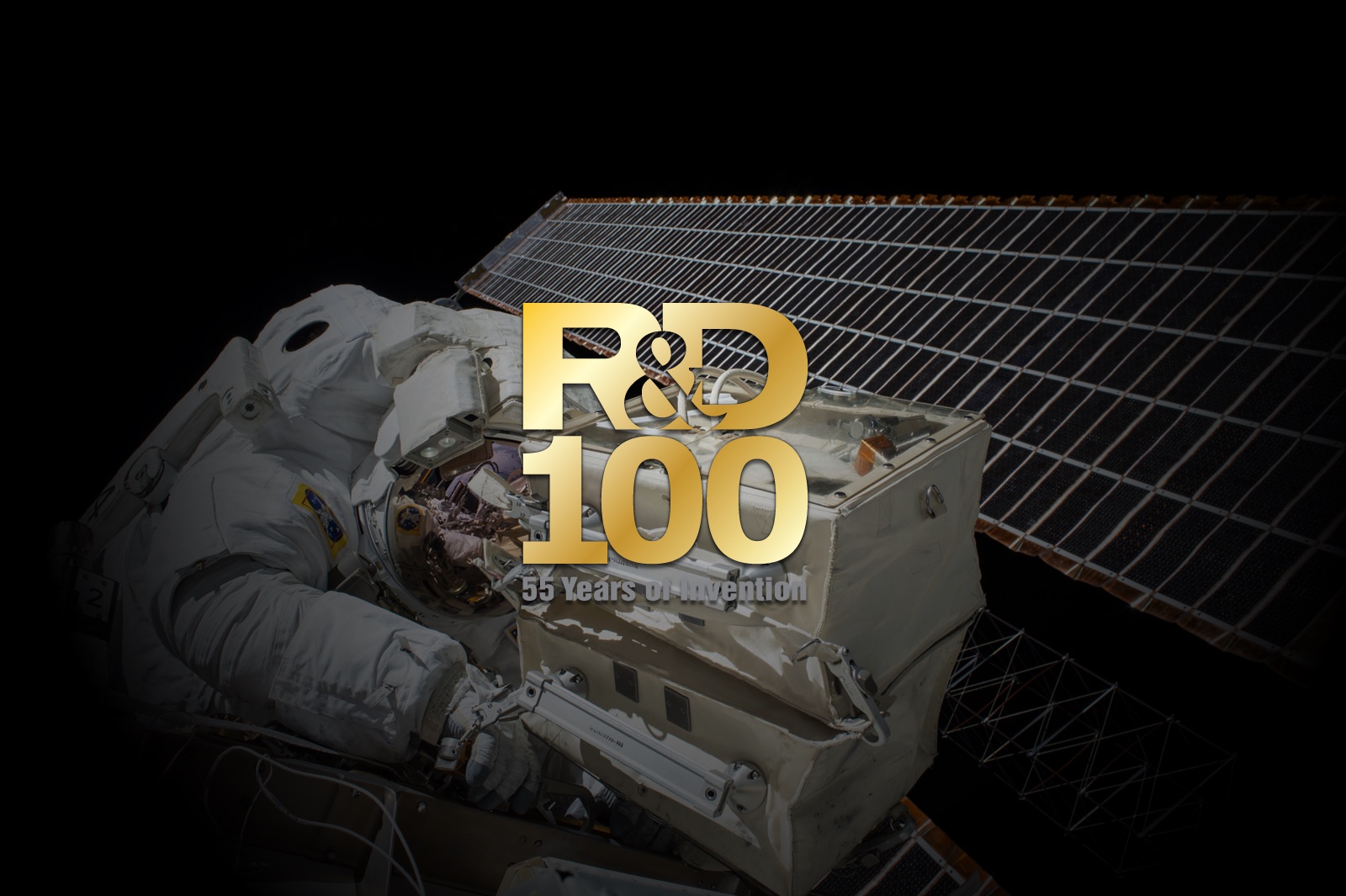Sinton Instruments’ Quasi-Steady-State silicon evaluation system, an instrument designed for use in R&D and manufacturing of silicon solar cells, was recognized as one of “the 100 Most Technologically Significant New Products & Processes of the Year” by R&D magazine in 2005.
Silicon solar cells produce electricity from sunlight with no moving parts. The industry based on this technology generated revenues of about $8 billion in 2004 and is expected to exceed $30 billion by 2010. This explosive growth is straining the supply of highly purified (99.9999% pure) silicon “feedstock” as new production facilities have not kept pace with this demand.
The Quasi-Steady-State silicon evaluation system, based on the Sinton BCT-210 instrument measures the initial quality of blocks or cylindrical boules of this high-purity silicon before it is sliced into wafers to be used in silicon solar cell manufacturing lines. The property that is measured, the ability of the silicon to respond to light, is precisely the quality required by high-efficiency silicon solar cells. The resulting information is indicative of the purity of the silicon as well as the degree of perfection of the solid crystal which depends very delicately on the details of how the final product was solidified or “grown” into a solid from molten silicon.
The system allows manufacturers to determine the electronic quality of a batch of silicon in the early stages of production. Low-quality material can be cut from the block and either discarded or remelted to improve quality, thus saving manufacturers processing time, money and precious silicon feedstock. By insuring that only good silicon suitable for production enters the lines, the yield of high-quality solar cells can be much improved. Additionally, by assessing the quality of the crystalline silicon at the earliest possible stage, the production process of the silicon blocks and cylinders can be optimized to produce consistently better silicon at the lowest possible price.
This new tool for measuring silicon before slicing into wafers builds upon Sinton’s existing line of instruments that are currently applied to the measurement of the electronic quality of wafers at every stage in the fabrication process of solar cells. By extending the rigorous device physics and measurement techniques of the wafer-based tools to the BCT-120, the wealth of published data and R&D techniques previously reported in hundreds of technical papers for measurements on wafers can now be applied to silicon at the earliest possible stage in the production process.
This project was partially funded by the National Renewable Energy Laboratory, under subcontract ZDO-2-30628-08, and included contributions from Ron Sinton, Tanaya Mankad, Peter Jackson of Jaxsun Technical Services, LLC., Stuart Bowden, now at the Institute of Energy Conservation at the University of Delaware, and David Mooney and Katie Brown at NREL.



